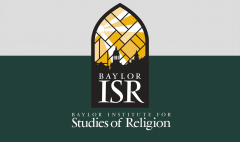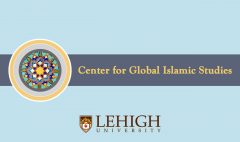American Islamic College
March 8, 2024 2024-03-27 13:54American Islamic College
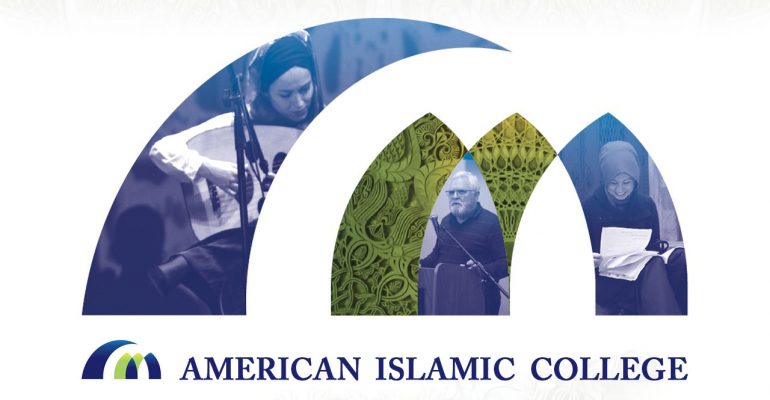
American Islamic College
American Islamic College (AIC)
The First Muslim Institution of Higher Education in America
American Islamic College’s undergraduate program, well rounded and grounded in a solid Liberal Arts & Science framework, prepares the students for more than just a career; it prepares the students for a life of purpose and impact. Careers in government, education, international relations, law enforcement, foreign service, diversity and inclusion, translation, social service administration, chaplaincy, spiritual care and religious leadership, military, international business or relief work, further graduate or professional study and many other fields will be within reach with an AIC bachelor’s degree. Statistics show that these occupations will continue to be in high demand in a changing world.
AIC is now just one of two independent Muslim colleges in America that have achieved academic accreditation on their own merits.
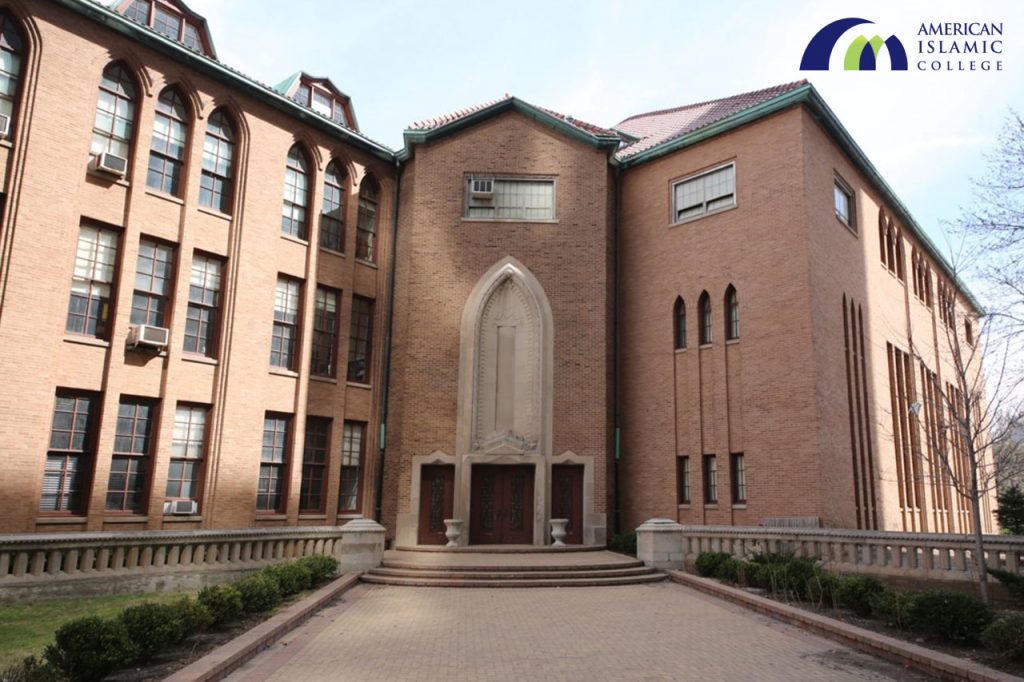
History
American Islamic College was incorporated in September 1981 as a private, not-for-profit, four-year institution of higher education meant to offer especially strong programs in Islamic Studies and the Arabic Language. In November 1982, AIC received authority from the Illinois Board of Higher Education (IBHE) to operate as a postsecondary institution. The search for suitable premises led to the purchase of its present property in March 1983.
The College first opened its doors to students in September 1983 and in May 1984, IBHE bestowed degree-granting authority on AIC for the B.A. in Arabic Studies and the B.A. in Islamic Studies.
Beginning in 2009, American Islamic College embarked upon a new phase of significant reorganization and the installation of a reformed governance structure and a new administration. In 2010, the campus buildings and grounds underwent extensive renovation and remodeling. It was then that AIC reemerged as a revitalized resource of the Muslim community, hosting two consecutive international conferences on Islam in America, organizing public lectures and offering a variety of non-credit and non-degree classes in subjects such as Islamic History, Islamic Art, and Arabic. In the Fall of 2013, after being granted IBHE operating authority once again, the College reopened its doors to undergraduate students and—for the first time—graduate students.
American Islamic College was granted Candidacy Status for Accreditation with the Higher Learning Commission (HLC) in February 2020 and Initial Accreditation in March 2024.
Vision
Welcoming students of all faiths and backgrounds, American Islamic College (AIC) is a Chicago-based institution of higher learning grounded in Islamic values and steeped in Islam’s rich and diverse intellectual and cultural traditions. AIC promotes appreciation for the scope and richness of Islamic history and civilization both in and beyond the classroom by means of significant research, impactful teaching, and informative public events highlighting Islam’s intellectual, artistic, and cultural expressions. Through rigorous scholarship and a commitment to social justice, the collective good, civic involvement, interfaith understanding, and intercultural engagement, AIC prepares students to become critical thinkers, visionary leaders, and responsible global citizens.
Mission
To be a fully accredited university that will serve the diverse American Muslim community and the nation as a whole in perpetuity; to offer rigorous and professionally sound programs that prepare students to take up educational, leadership, and policy-making roles in American society; to serve as a resource for American institutions and individuals seeking academically anchored and culturally competent knowledge about Islam and Muslims.
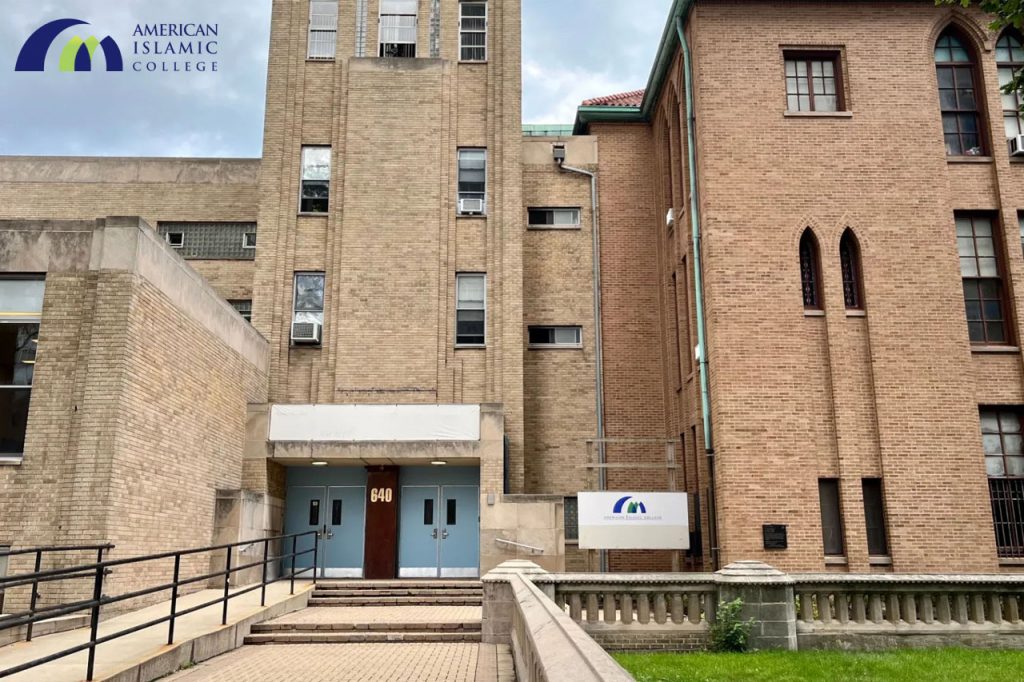
Academic Programs
- Bachelor of Arts in Islamic Studies
The Bachelor of Arts in Islamic Studies is a four-year sequence of instructional coursework that culminates in the Bachelor of Arts (BA) degree. The Islamic Studies component of the Program features content and pedagogy commensurate with the disciplines of Islamic and Religious Studies, Qur’anic and Hadith studies, Islamic legal theory, classical Islamic theology and philosophy, Islamic spirituality, and allied social science, economic and political theories.
Students must also fulfill standard Bachelor’s level requirements in general education, imparting a solid foundation in the humanities as well as the social and physical sciences. Upon completion, graduates will be prepared to pursue academic, occupational and career options, which are appropriately aligned with this field of study. The Bachelor of Arts in Islamic Studies Program requires 120 semester hours.
- Master of Arts in Islamic Studies
The MA degree program is designed to provide students with a rigorous background in both traditional and analytical approaches to Islamic Studies. The program offers two distinct areas of concentration: Islamic Theology and Islam and Global Studies. The Islamic Theology concentration will train students in such disciplines as Qur’anic studies, Hadith studies, Islamic Jurisprudence (al-Fiqh), and Islamic Spirituality. The Islam and Global Studies concentration will focus on Islamic history, international studies, and critical theory. Students in both tracks will take the same core courses, thus ensuring that students acquire a well-rounded foundation in both areas.
MDiv students, or MA students who wish to go on for the Master of Divinity in Islamic Studies must select the Islamic Theology concentration.
All MA students are expected to complete 36 credit hours. Students at the graduate level are required to take 21 credit hours as part of the core requirements and 15 credit hours in their concentration. As part of the MA program, students are required to complete a MA Thesis which is counted as a 3 credit 500-level course within the chosen area of concentration.
- Master of Divinity in Islamic Studies
The Master of Divinity in Islamic Studies, which composes our Muslim Chaplaincy Program, is a 72-credit degree program designed specifically for students who wish to become professional and credentialed Muslim leaders, spiritual caregivers, or chaplains. AIC’s MDIV curriculum in Islamic Studies lays the groundwork for learning the foundational Islamic knowledge that equips students with training in fields—such as religious history, theology, scriptural studies, Islamic spiritual counseling, and ethics of professional practice—that parallel for Muslim chaplains much of the seminary or rabbinical school training that many future chaplains from other traditions undergo as part of their spiritual formation and preparation to serve as faith representatives in public settings.
AIC’s Muslim Chaplaincy Program curriculum also fulfills national standards for equivalencies in religious training and leadership set by the Board of Chaplaincy Certification, should Muslim chaplaincy students seek this form of certification in the future. Additionally, AIC’s Muslim Chaplaincy Program partners with equivalent graduate programs in the network of the Association of Chicago Theological Schools that allows cross course registration and the expansion of interfaith experience that Muslim students will need as future chaplains in secular and multi-faith public settings.
Finally, Muslim Chaplaincy Program students are required to complete Clinical Pastoral Education (CPE), Field Education, as well as courses related to counseling, spiritual care, and applied leadership skills as a part of their holistic preparation to serve as Muslim faith leaders in multi-religious and/or secular public institutions such as hospitals, prisons, the military, and universities.
AIC’s Master of Divinity in Islamic Studies program has affiliate status with the Association of Theological Schools (ATS).
Contacts
- Address: 640 W Irving Park Rd, Chicago, IL 60613, US
- Phone: +1 (773) 281-4700
- Email: info@aicusa.edu
- Website: https://aicusa.edu/



